My students don’t have the proper background knowledge to be successful in my class
Have you considered that students might not yet have had the opportunity to learn this knowledge?
At university students will have to adapt to a high level of difficulty and requirements. They may even have not seen many contents that will be necessary to follow the course normally. It becomes necessary to bridge the gap between their high school education and university requirements.
“Remedial” Courses
Organise small, non-mandatory sessions at the beginning of the academic year to address a lack of basic/ background knowledge (Büchele, 2020). Small sessions at the beginning of the academic year may provide students with the necessary background. Remedial sessions might be introduced for students needing to gain that knowledge. See Quick Win 1
Provide Online Material
Prepare material about the required knowledge and give students online access to it. As time is limited and doesn’t allow to cover this basic knowledge, provide a small document or short videos to focus on these key topics and to fill the knowledge gaps. These “knowledge pills” can help filling knowledge gaps in a short time (Bolisani et al., 2022).
Offer Tutoring
Offer tutoring services from the very beginning; students may even not be aware that this is possible, so it would be helpful to talk about it early in the module. When organising the tutoring you should balance your availability with the benefits of active learning and interaction with them. See Quick Win 2
Further Information
- A study about “Remedial Courses” in Germany is done demonstrating their necessity in:
→ Büchele, S. (2020). Bridging the gap – How effective are remedial math courses in Germany? Studies in Educational Evaluation, 64, https://doi.org/10.1016/j.stueduc.2019.100832
- In order to study faster, the division of knowledge into small parts as “knowledge pills” fits today’s needs of learners to acquire the required knowledge in a short time. You can find more information about knowledge pills in:
→ Bolisani, E., Scarso, E., Zieba, M., Durst, S., Zbuchea, A., Lis, A. M., & Kassaneh, T. C. (2022). Knowledge pills in Education and Training: A Literature Review. Proceedings of the 23rd European Conference on Knowledge Management, 89-96, https://doi.org/10.34190/eckm.23.1.796
Have you considered that students might have forgotten the background knowledge?
Students will have to manage learning more content at a faster pace with little time to review previous knowledge. They might have covered all the necessary background information, but no longer remember everything.
Let Students Share Their Knowledge
Active learning helps to impress content better than passive learning (Roediger and Butler, 2011). They can reactivate each others’ background knowledge by discussing the topic among themselves. You may pose a question and let students spend some time reflecting before discussing and sharing with others (think-pair-share) may be of help. See Quick Win 1
Review the Background Knowledge
Some content can be absolutely necessary to follow the class properly. An active learning strategy (e.g.: “entry ticket”) or a brief review of those contents can be used at the beginning of the lecture in order to (re)activate prior knowledge. Even if done quickly, this will help students remember the necessary background information. This will also enable students to know what they need to study to catch up. See Quick Win 2
Provide Background Material
We may focus only on providing material directly related to the content of the subject but prior knowledge is also necessary so providing also material related to it would be of help for students. This prior knowledge is not new for them, they simply need to remember so it may be better concise and brief. This will not only help on acquiring the knowledge but also have a good idea about what they need. See Quick Win 3. See Quick Win 3
Further Information
- It is proven that active learning techniques help boost retention much more than passive learning. A study about this can be found in:
→ Roediger, H.L. and Butler, A.C (2011). The critical role of retrieval practice in long-term retention. Trends in Cognitive Sciences, 15,(1), http://dx.doi.org/10.1016/j.tics.2010.09.003

